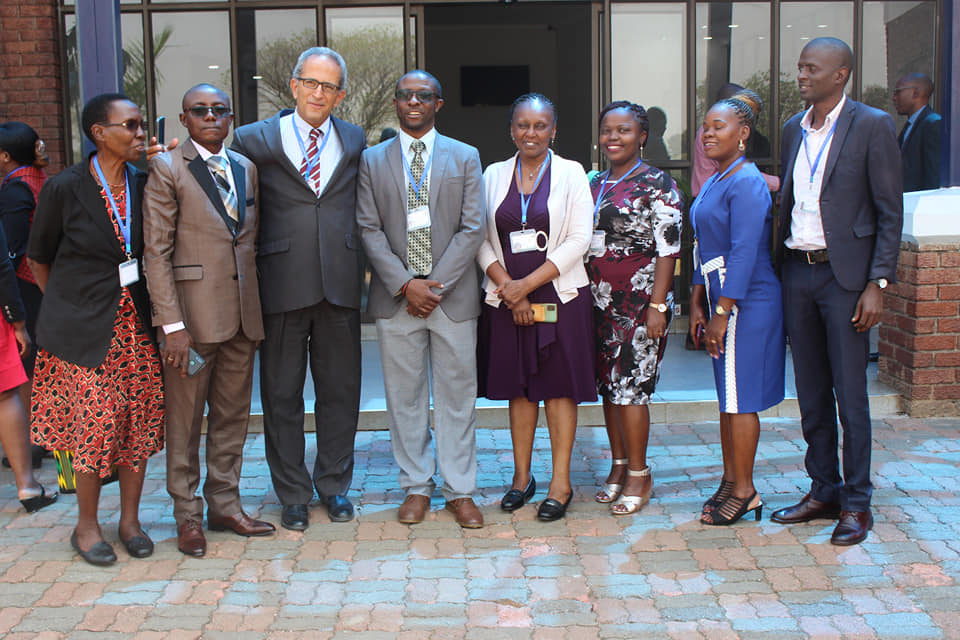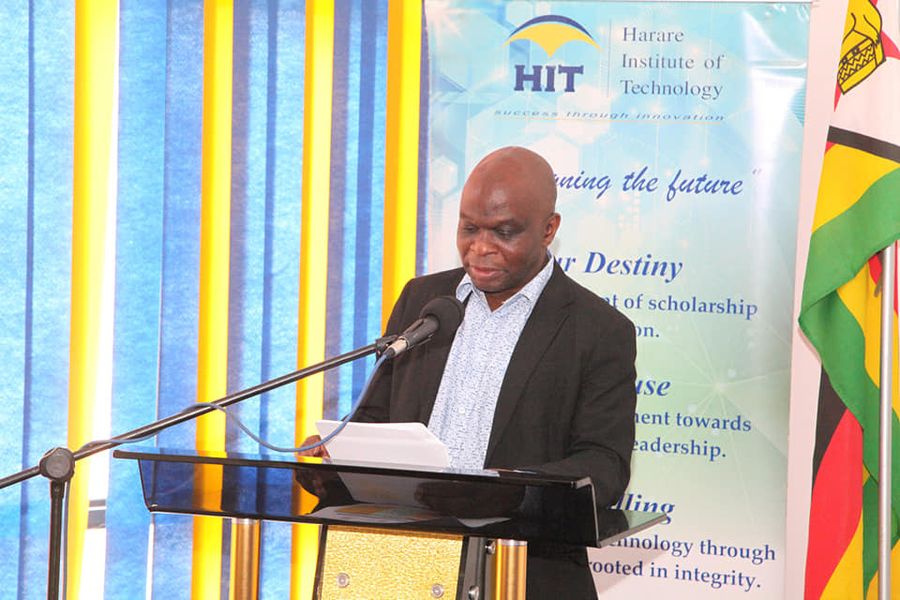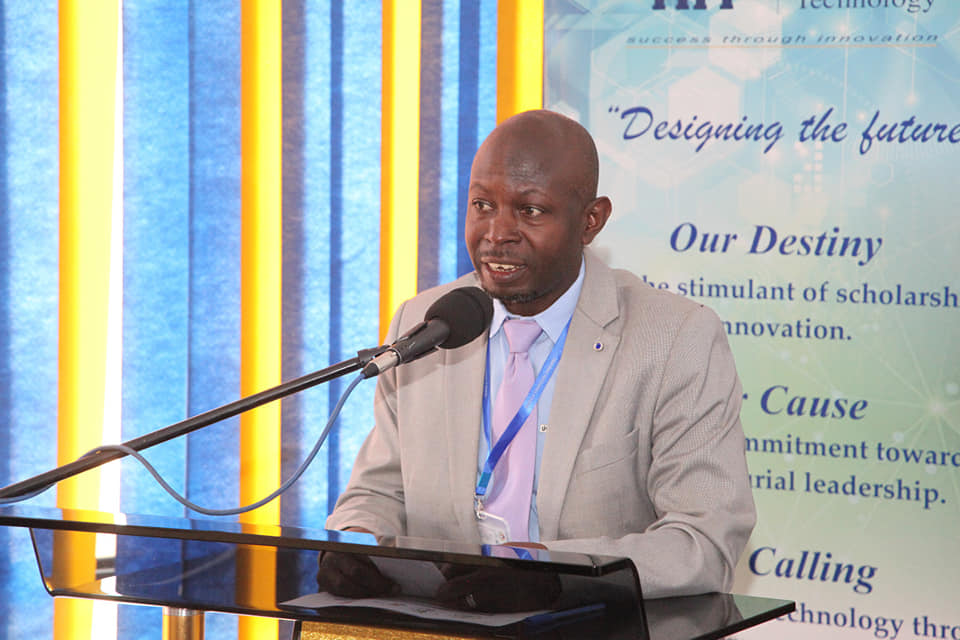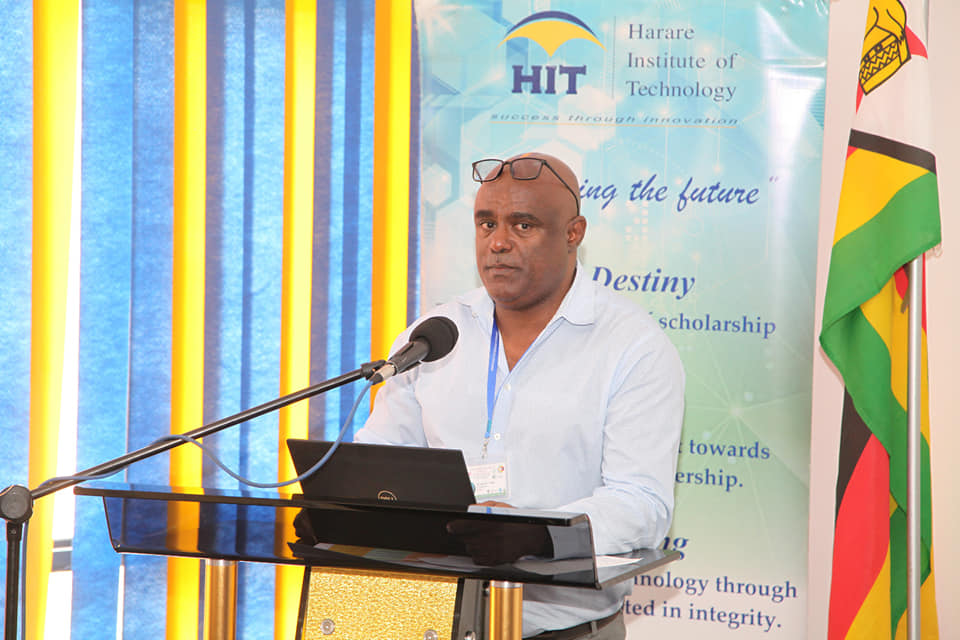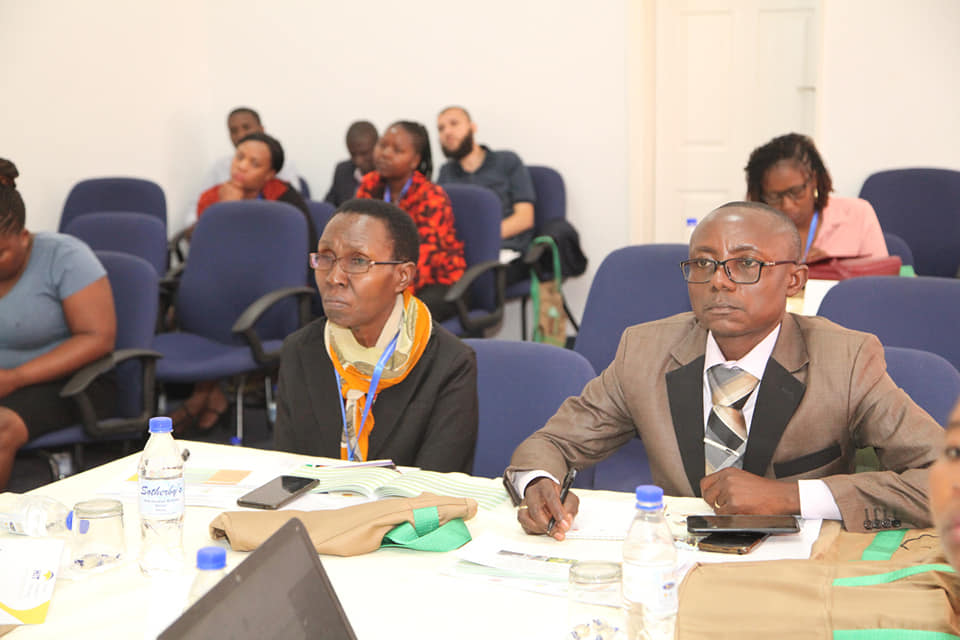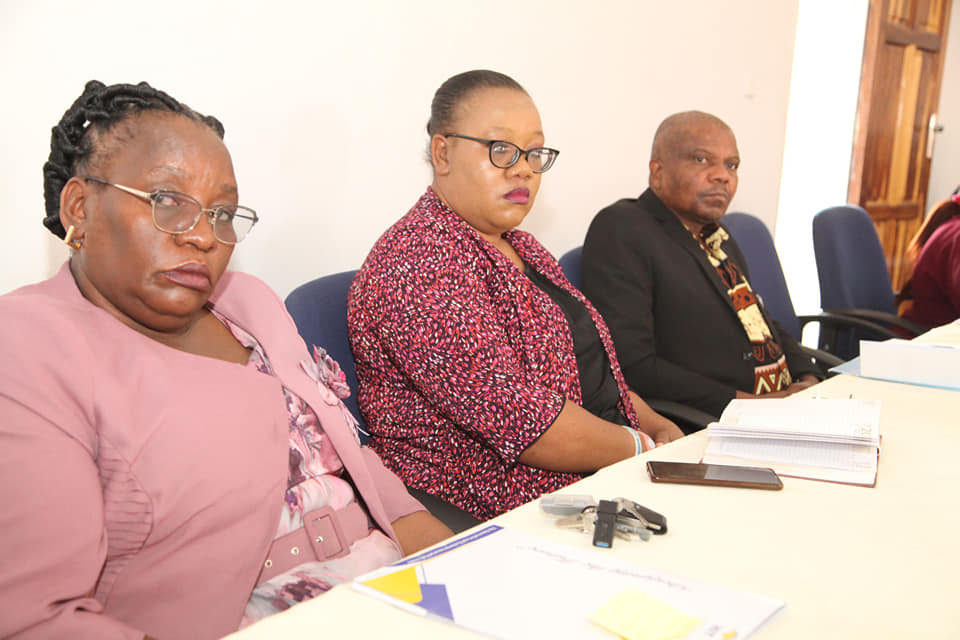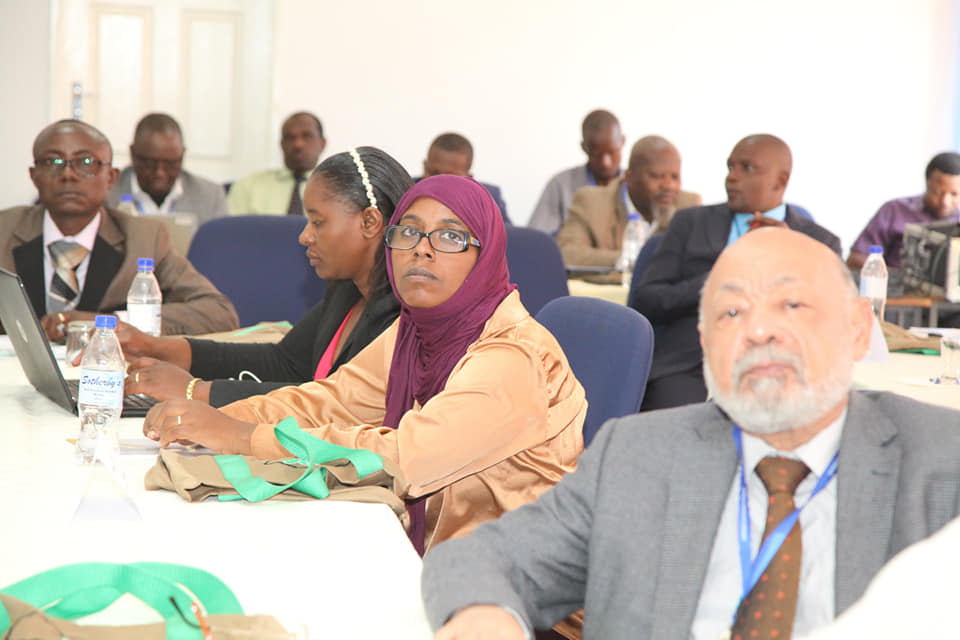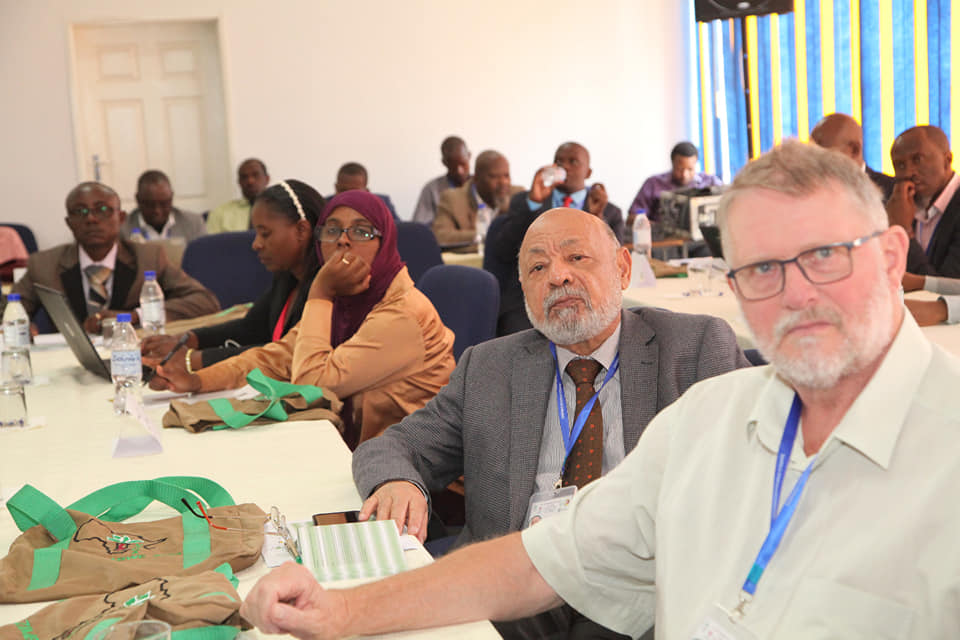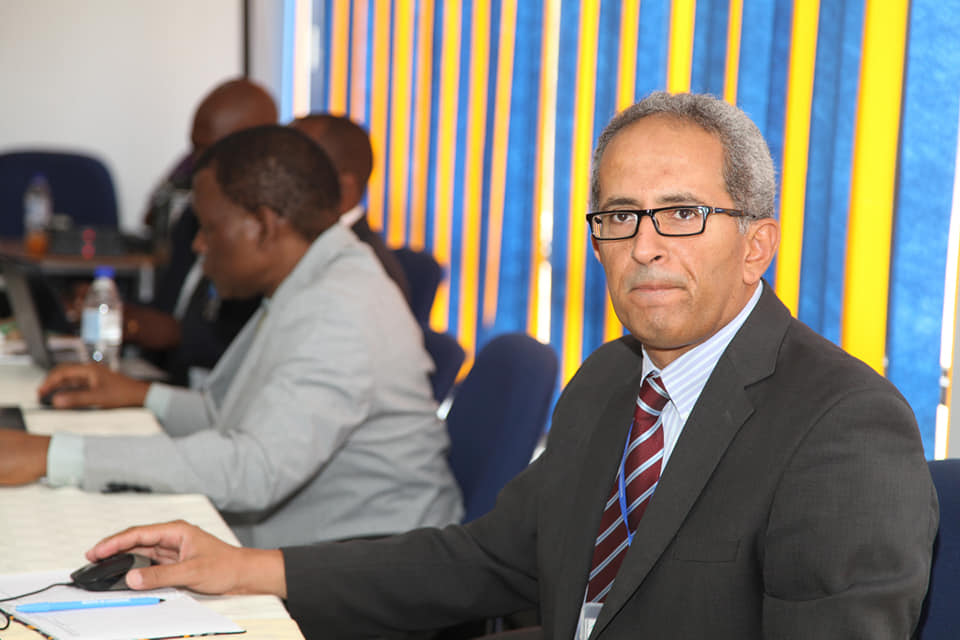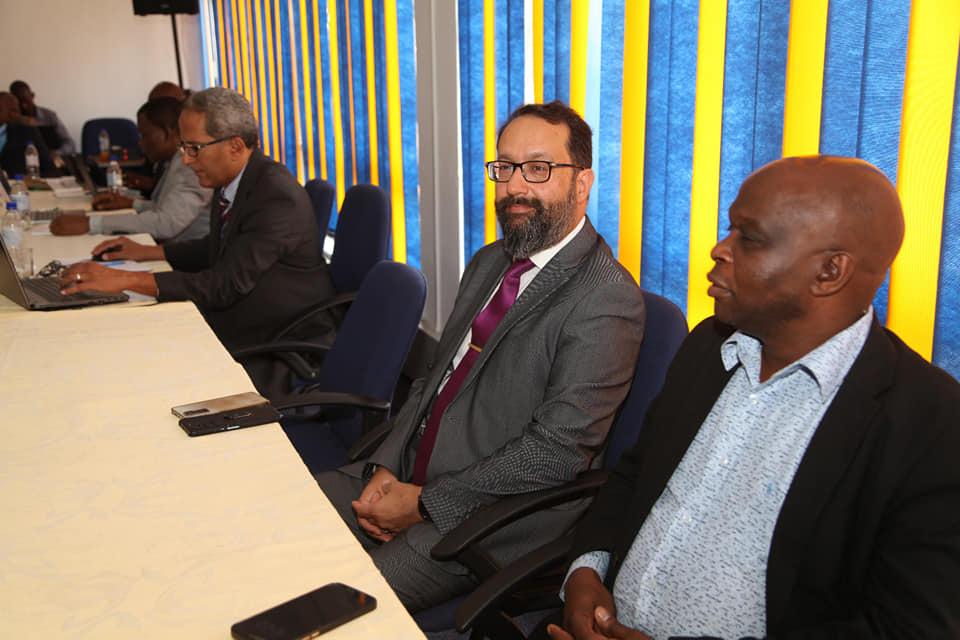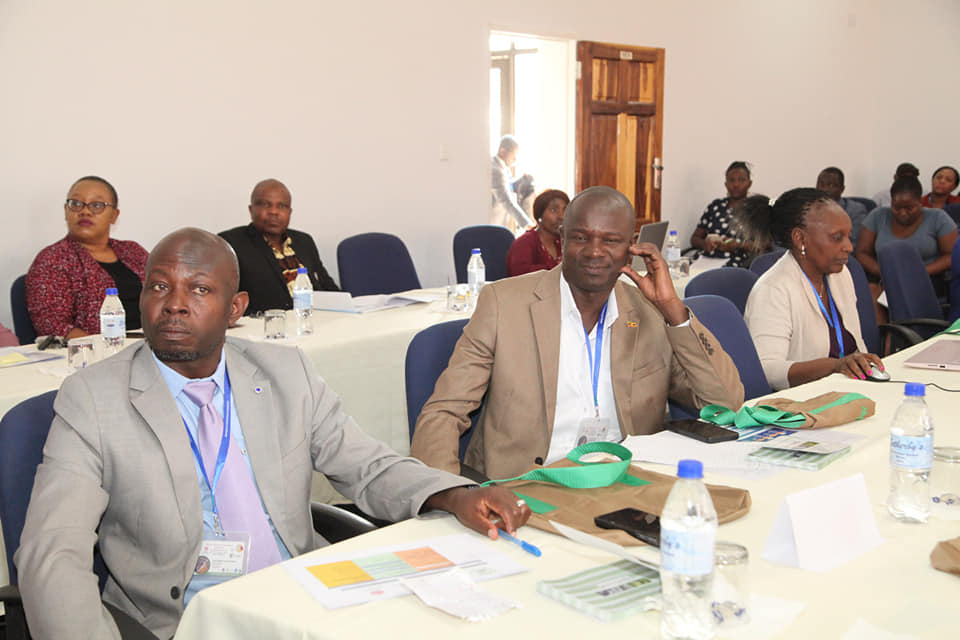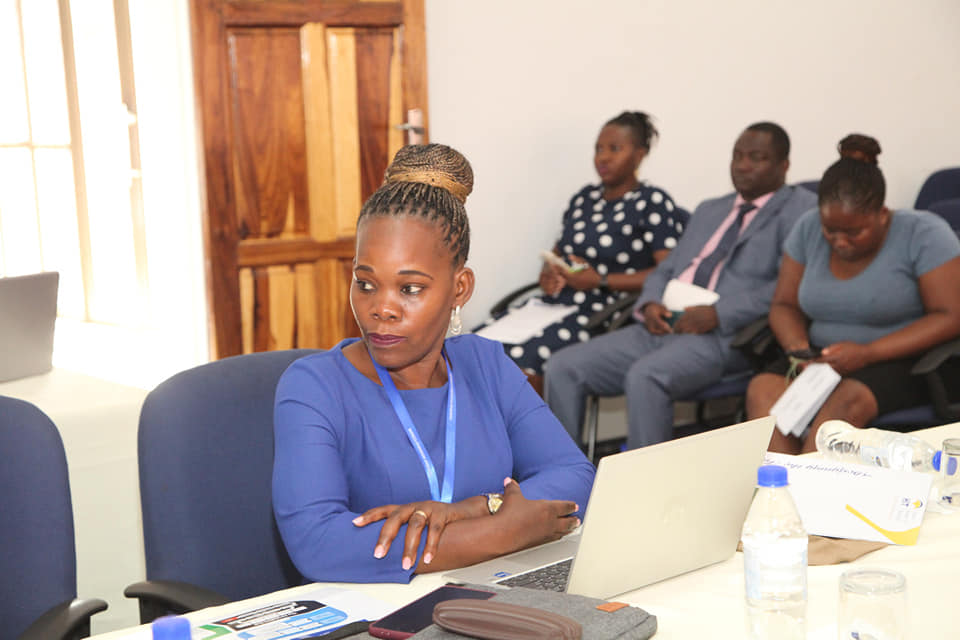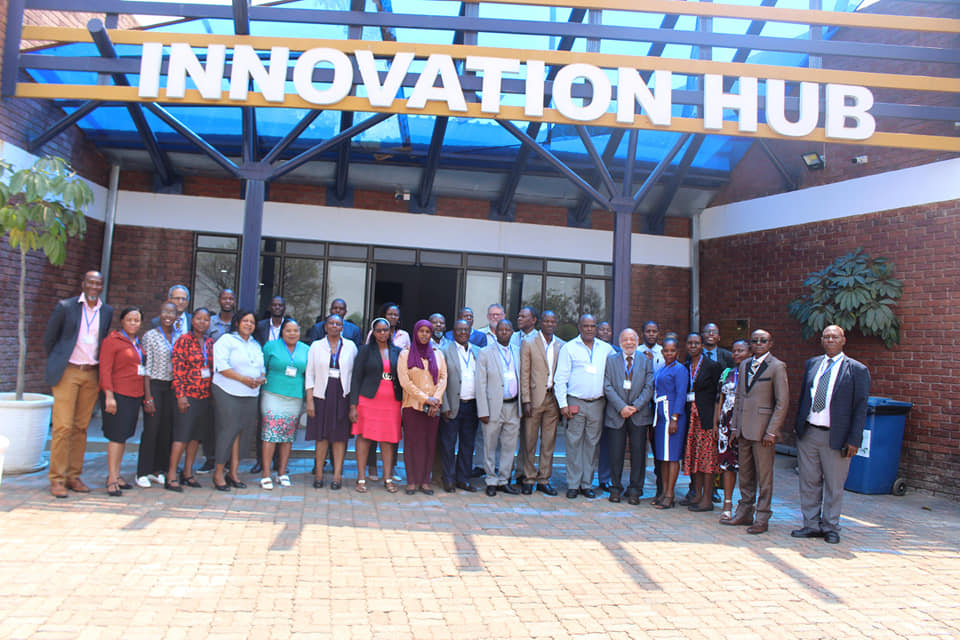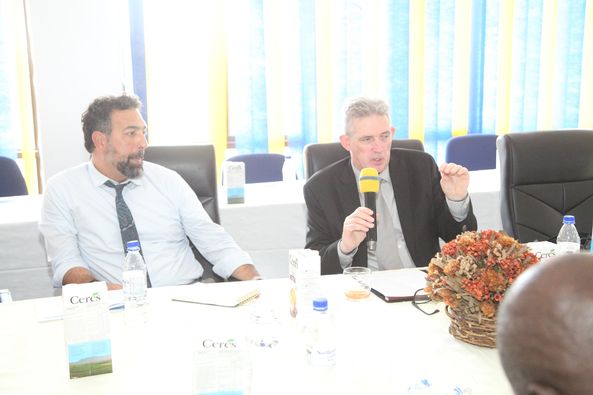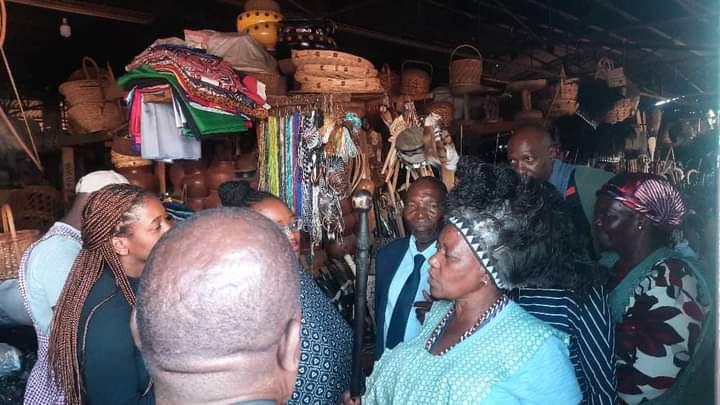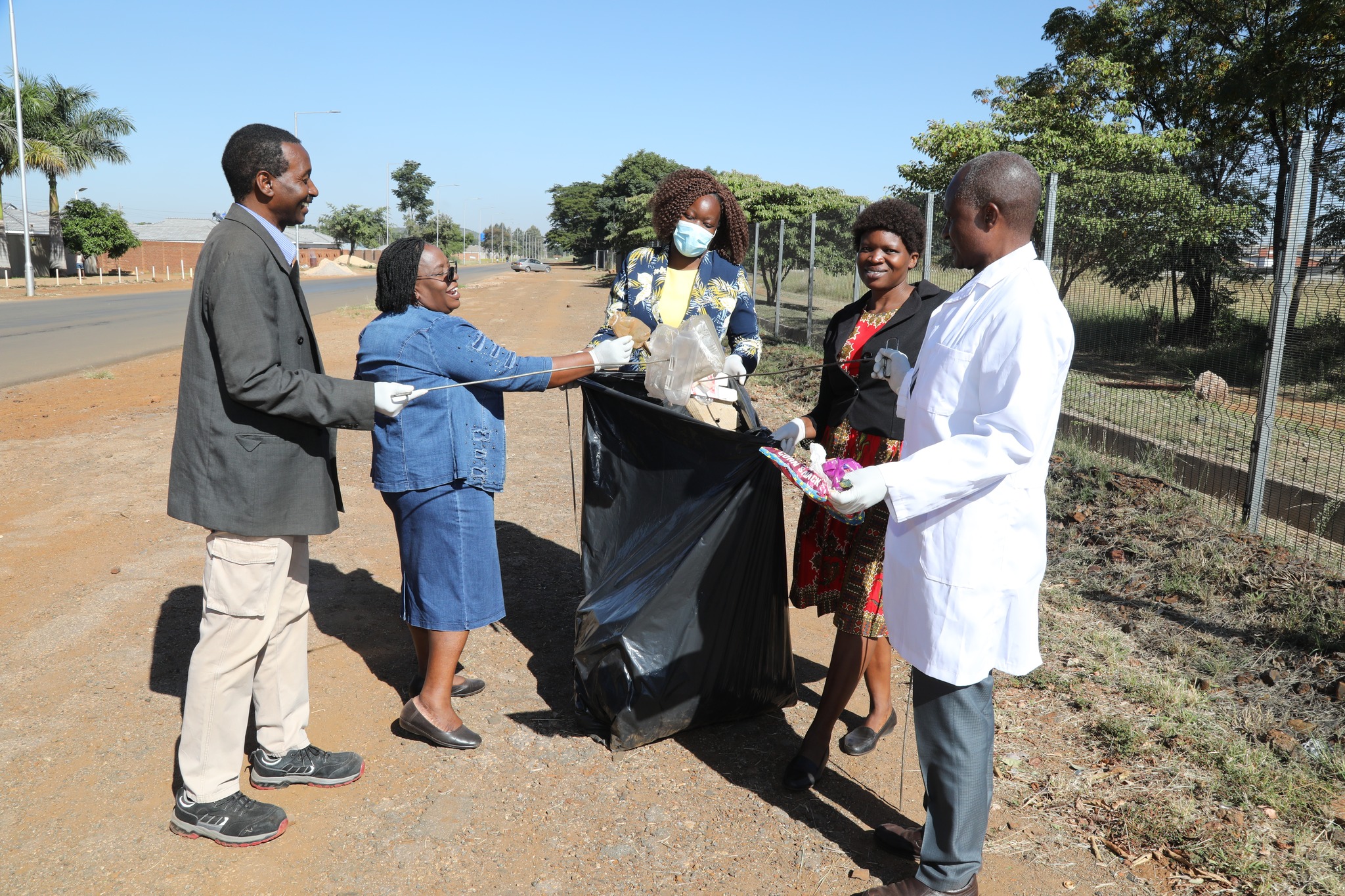A 3-day Natural Products Research Network for East and Central Africa (NAPRECA) International Symposium has kicked off at the Harare Institute of Technology starting from 18 -20 September 2023, running under the theme “Advances and Challenges in the Sustainable Utilisation of Natural Products”.
The 20th NAPRECA International Conference is discussing Natural products and disease management, Development of a cannabis circular bioeconomy, veterinary phytomedicines, ethnobotany and traditional medical practice, bio-nano particles and nano-medicines, pharmacotoxicology and herbal medicines, analytical methods in natural products research, natural products in agriculture and ecological resources management, legal frameworks of natural products research and utilization as well as natural products development.
In his official opening address, the Vice Chancellor of the Harare Institute of Technology (HIT) Dr Eng Quinton Chamunorwa Kanhukamwe said it is an honour and a privilege for the University to serve as the host for the 20th NAPRECA Symposium.
“NAPRECA aims to promote and streamline research in the area of natural products and this is the first time in the 40-year history of the organisation that a symposium of this nature is hosted in the SADC region.”
“It is well known that Africa has a rich biodiversity of flora. And fauna. The continent also habours a cultural melting pot of practices and traditions that use medicinal plants. We implore this research network that brings together scientists from across Africa to yield the nextr generation of drugs, agrichemicals, food additives as well as a diverse array of industrially relevant chemicals of biological origin,” said the Vice Chancellor.
Dr Eng Kanhukamwe also added that it is quite exciting to have prominent scientists from Germany, Sweden, Palestine and Pakistan interacting here at HIT. “I am pleased to welcome you all at HIT and I encourage you all to feel free to share your ideas with each other at this symposium. This symposium creates a rewarding opportunity for networking, marketing of goods and services, sharing information and learning more about the different natural products and their research in the various member countries”.
“This will drive natural products development and commercialisation forward. May you have fruitful discussions as you share your work,” Vice Chancellor Kanhukamwe said.
This hybrid symposium was graced by the Ambassadopr of the Islamic Republic of Pakistan in Zimbabwe His Excellency Murad Baseer, the outgoing Executive NAPRECA Secretary Professor R. Byamukama, incoming NAPRECA Executive Secretary professor Sameh Abouzid, Associate Professor Solomon Tesfalidet, the Director of the Chemistry Programme under the International Science Programme of Uppsala University, Sweden as well as the director of the Pan African Chemistry Network Dr Solomon Derese.
The Natural Products Research Network for Eastern and Central Africa (NAPRECA) is a non-political, non-sectarian, non-governmental and non-profit making scientific body devoted to the study, promotion and development of the science of all aspects of natural products, including their botany, chemistry, biological activity and economic exploitation.
Every two years NAPRECA holds international symposia in a NAPRECA member country which has been so designated by NAPRECA Coordinating Board. The symposia have turned to be important fora for the dissemination of results from natural products research, not only within NAPRECA countries, but also globally.
This international event brings together researchers, students and industrial partners from all over the world to share their latest advances. The scientific programme includes plenary sessions of eminent researchers in the field, short lectures and poster presentations.
The 20th NAPRECA symposium is focusing on the dissemination of results on research of natural products from African and the world biogenetic resources, in the development of pharmaceuticals and agricultural products through chemistry, botany, pharmacology, biotechnology and other sciences.


